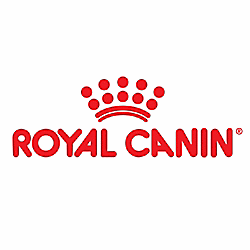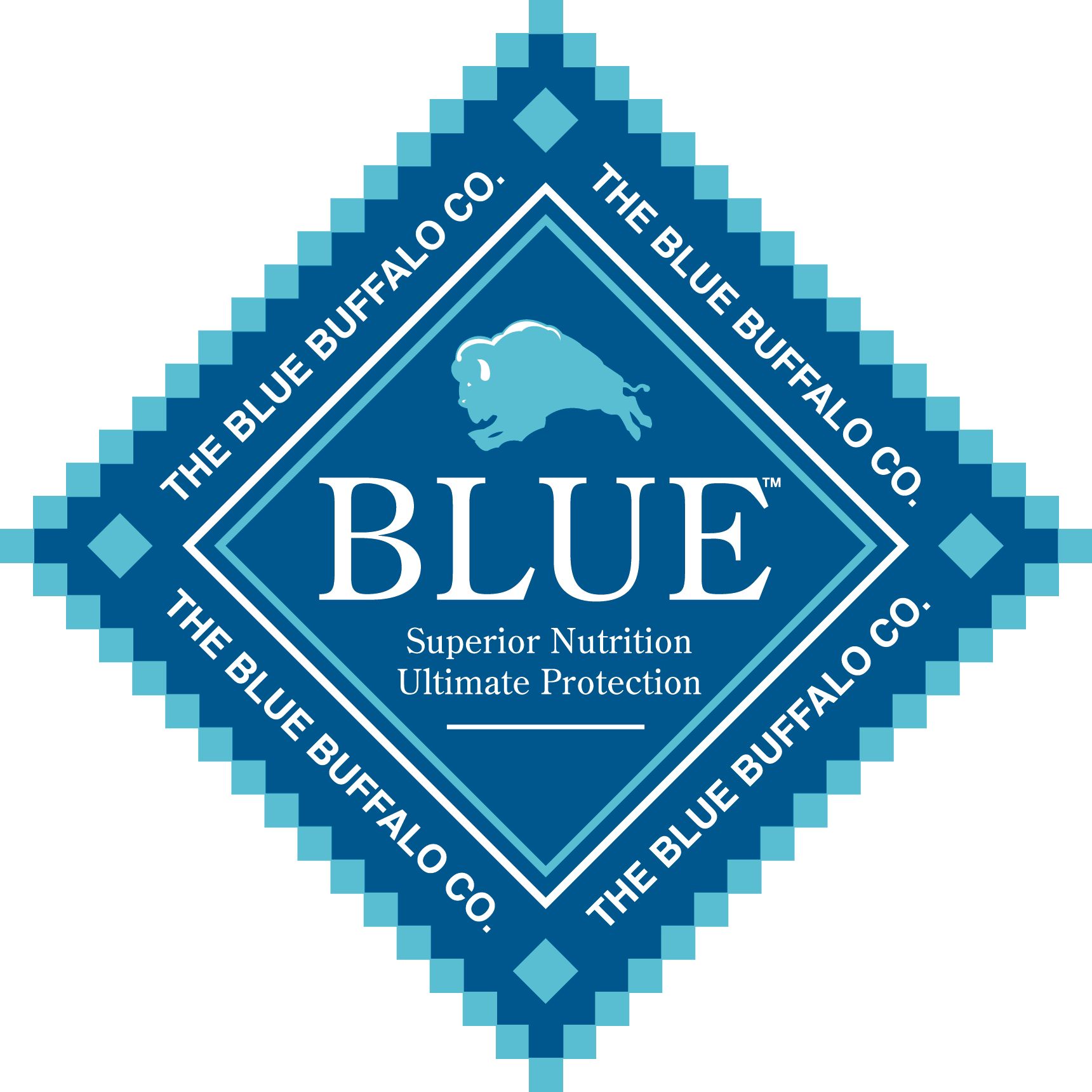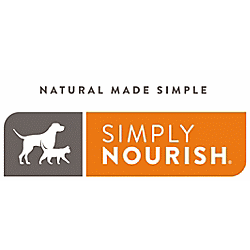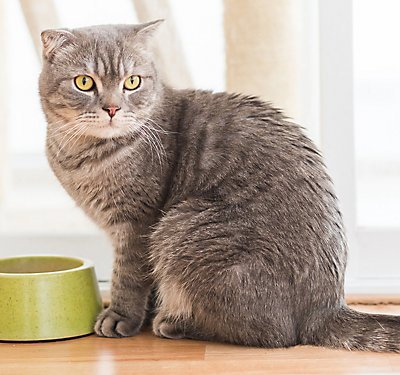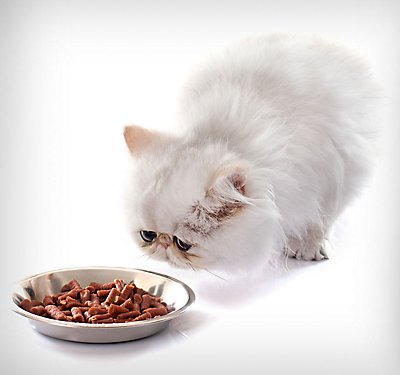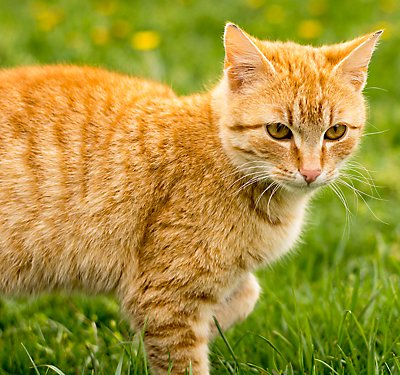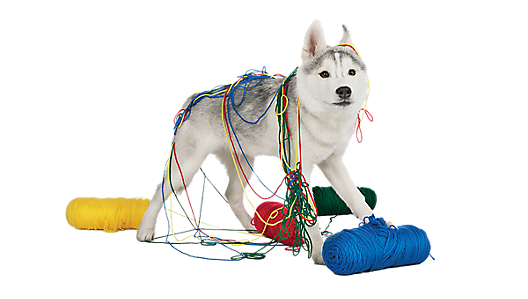
 top
top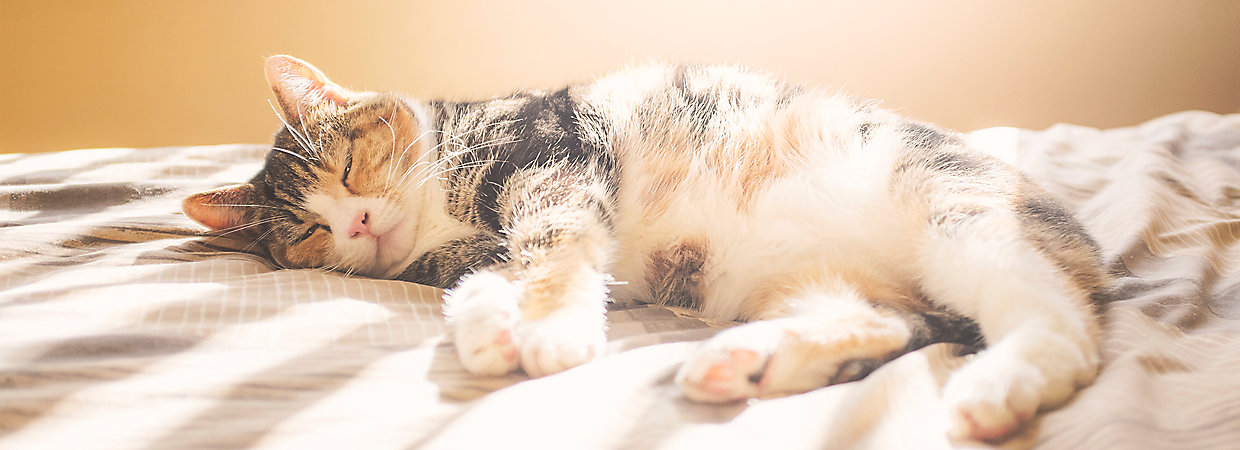
CAT / nutrition
A guide to choosing the right senior cat food
How to keep your aging feline happy, healthy and strong.
Overview
There’s a very good reason that the cat aisle at your grocery store or pet supply features food for kittens, adult cats and seniors. Like their human parents, cats start taking life a little easier when they reach their later years. When their energy, health and level of activity starts to change, it’s time for a change in their diet as well. Choosing the right senior cat food can help your feline friend stay fit and healthy for as long as possible – and help you both enjoy their golden years.
Your cat’s metabolism slows down, too, and their nutritional needs change as well. That’s why switching to senior cat food is important as your kitty reaches its golden years. Here’s a brief overview to help you choose the right senior wet cat food for your feline friend.
What’s different about senior cat food?
Senior cat food looks a lot like adult cat food, but there are some big differences that will benefit your kitty.
What’s different about senior cat food?
Senior cat food looks a lot like adult cat food, but there are some big differences that will benefit your kitty.
- Fewer calories. The biggest difference in cat food for seniors is that it has less calories than standard adult cat food. This change in diet will help your pet keep a healthy body weight as they age and allow them to stay active longer.
- Softer texture. Many older cats have lost a few teeth and may experience more sensitivity when they chew, making softer food more appealing.
- Different formulas. Cats have very specific nutritional requirements – 41 essential nutrients, to be exact, including protein, fat, carbohydrates, minerals and vitamins. These same nutrients are important for older cats, but the amounts and proportions of ingredients in food will change.
- A focus on amino acids. Cats can easily become deficient in some amino acids. That’s why ingredients like taurine figure prominently in senior cat food – it’s a heart-healthy ingredient found in proteins like fish, poultry and beef.
Tips for feeding senior cats.
Keep these tips in mind as you look for senior cat food and begin to alter your cat’s diet.
- The right Ingredients: High-quality ingredients are the most important thing to look for in senior cat food. Superior ingredients are more digestible and give cats more of the nutrients they need.
- Food for picky eaters: As cats get older, their sense of smell and taste declines and they may be less interested in their food. When serving wet cat food, let it come to room temperature before giving it to your cat as this will improve their ability to smell and taste their dinner.
- Go easy on the cat treats. An extra 10 calories per day for a cat can add up to an extra pound of body fat over 12 months.
Senior cat food for common diseases and conditions.
The type of food you give your senior cat may depend on whether your pet is dealing with one or more of the common health issues.
- Obesity: As cats become more sedentary, they are naturally at risk for gaining weight. Avoiding obesity is important, as extra weight can lead to conditions like diabetes, arthritis and heart issues. Pay close attention to portion control to ensure that your kitty is getting the right amount of food as their energy level and calorie needs decline. If your senior cat is putting on weight, vet-authorized diets with weight maintenance formulas can help keep off the pounds while ensuring a balanced meal.
- Diabetes: Diabetes is a significant concern for cats, and it’s often associated with by obesity. Check with your veterinarian to understand if your senior cat is at high risk for diabetes and the best options for cat diets available that have lower levels of carbohydrates.
- Arthritis and joint issues: Some studies suggest that certain ingredients may provide relief to cats suffering from joint pain. For example, omega 3 fatty acids, a healthy fat found in some fish, may help reduce inflammation. Look for cat foods labeled “hip and joint health,” which contain Omega 3, plus other ingredients that may benefit achy joints. Many special formulas also contain chondroitin and glucosamine which are believed to support joint health.
- Kidney disease: Many older cats experience kidney issues. If your veterinarian has concerns about kidney issues in your pet, there are special diets that can reduce the impact on kidney health. These special diets have lower levels of phosphorus and protein and can make a difference in your cat’s health.
- Weight loss: Some cats lose weight and muscle mass as they age. These felines may benefit from a highly digestible diet that’s rich in antioxidants, omega-3 and omega-6 fatty acids. If your cat continues to lose weight, it’s important to talk to your veterinarian to rule out any medical conditions.
- Dental issues: Senior cats are prone to dental disease, which is painful and can lead to illness. Consult your veterinarian on specific dental issues who may suggest foods with different consistencies. Soft food may be beneficial for painful conditions, and an oral-care food may help reduce plaque and reduce gum disease.
- Digestive problems: Many senior cats can develop digestive issues that could include a sensitive stomach and bowel issues. If your senior cat develops digestive issues, discuss them with your veterinarian. There are several senior cat food options that can help with digestive issues by having different fiber sources and limited ingredients. Probiotics may also be helpful for senior cats.
How much to feed a senior cat.
Simply put, most older cats are less active and, therefore, need less food. The portion guide on the senior cat food package is a great place to start – a good rule of thumb is to serve 20 calories per pound or 45 calories per kilogram of your cat’s body weight each day. But you’ll likely need to adjust portions to the individual needs of your cat. Weigh your cat regularly and alter portions accordingly. A high-moisture diet and plenty of access to drinking water is essential, as senior cats can become dehydrated easily.
FAQs
What do I do if my cat won’t eat?
Loss of appetite is usually a sign of some medical condition. Routinely see your veterinarian for health examinations and blood work to ensure healthy aging.
What’s the difference between mature, senior and geriatric cats?
General consensus is that cats aged 7 to 10 are considered mature, while cats aged 11 to 14 years are seniors. Cats that are 15 years and older are considered geriatric.
How do I change my cat’s diet to senior cat food?
When changing to any new food, do it slowly over time, mixing old wet or dry cat food with new food. Gradually increasing the proportion of senior cat food over 7 to 10 days (about 1 and a half weeks). If your kitty isn’t interested in the new senior meal plan, it’s important to check with your veterinarian as there may be a medical issue.
Need other cat supplies while you’re shopping for food? PetSmart also carries cat treats, cat carriers, probiotics for cats and more.
PetSmart also offers convenient shopping with Curbside Pickup or in-store pickup. Need something today? We have select items available for Same-Day Delivery in most areas powered by DoorDash. For items you purchase frequently, PetSmart has Autoship that automatically delivers the pet supplies you want to your door as often as you’d like. Check the website to see which items are eligible.
Information in this article is not intended to diagnose, treat or cure your pet and is not a substitute for veterinary care provided by a licensed veterinarian. For any medical or health-related advice concerning the care and treatment of your pet, contact your veterinarian.

